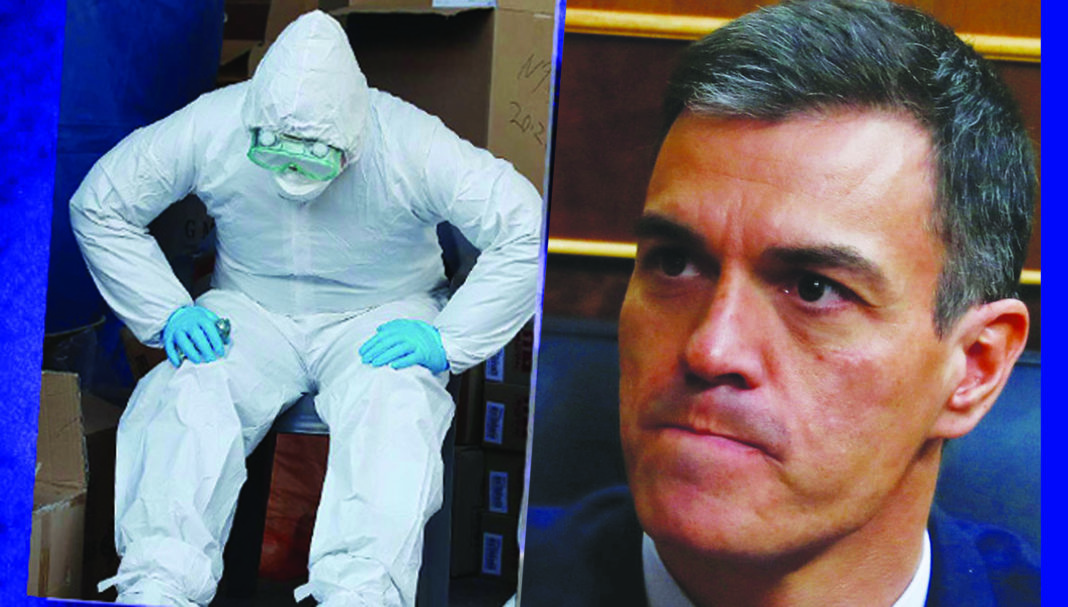- Sánchez paralyses non-essential economic activity
All but ‘non-essential’ workers have been ordered by the government to stay at home. Starting on Monday, 30 March, workers have been told to have an ‘enforced break ‘ and stay away from their places of employment until 9 April, in the latest measure to be taken by the government that it says will help to curb the spread of the coronavirus disease (COVID-19) within the country.
In making the announcement during a televised address from the Moncloa Place on Saturday evening the Prime Minister said that workers will not lose their wages but will have to make up the hours when they return to works after the state of alarm. He said that this could be done over a period of time, suggesting an hour a day.
Sanchez said, in ordering all those non key workers to stay at home “This measure will reduce people’s movement even further, but it will also reduce the risk of spreading the virus further and allow us to unblock our intensive care units.”
One of the industries deemed to be vital by the Prime minister is the media who he said will not be affected by the government’s decision to limit movement, because they are “without a doubt an essential service.”
Workers Unions, the CCOO and the UGT, broadly support the decision, seeing it as necessary to stop the pandemic. Bodies representing employers and businesses, CEOE and Cepyme reacted harshly to the announcement warning that “the measure will have an unprecedented huge impact on the Spanish economy, especially in sectors such as industry.” And that it could lead to “a deeper crisis in the economy.”
They warned that among employers there is “complete confusion” demanding that the measures introduced for the employed be also extended to small businesses and to the self-employed.
The employers have also expressed their fear of “a massive and permanent devastation of business and employment.” But they said that they would support “the latest sanitary measures” and guarantee their compliance.
Industries considered to be essential:
Medical, health and pharmacy activities – Food and beverage production – Transport of foodstuffs – Transport of passengers and certain products – Distribution of gas and water – Generation and distribution of electrical energy – Establishments selling hygiene products, pharmacies, opticians and shops with orthopaedic supplies – Tobacconists – Dry cleaners and laundries – Production and sale of pet food – Oil refining, distribution of fuels and petrol stations – Telecommunications and technology stores – Ports and airports – Media – State security forces and bodies.





